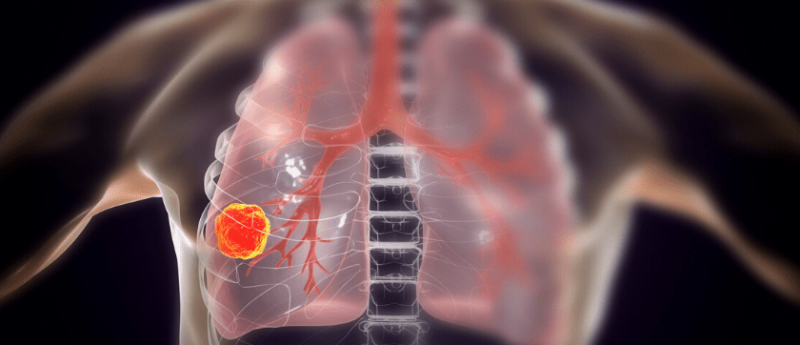Nanosensor enables early detection of lung cancer in mice

A research group led by Jesse Kirkpatrick from the Massachusetts Institute of Technology (MIT; Cambridge, MA, USA) have created a new approach to detect the early signs of lung cancer in patients using a nanosensor. Currently, people who are at high risk of developing lung cancer, for example heavy smokers, are regularly screened for the disease. This routine screening normally takes the form of a CT scan that can detect tumors in the lungs, however, this technique also shows benign nodes in the lungs giving many false positives and can lead to further, more invasive tests that are in fact,...
To view this content, please register now for access
Join our member community for FREE to access a collection of journal and online-only features, including:
- Exclusive access to educational videos, eBooks and insights into top BioTechniques journal articles
- The latest news and journal updates delivered straight to your inbox when you want it
- Personalized recommendations for the latest member-exclusive podcasts, interviews and expert opinions
- Priority registration to webinars, panel discussions and events
- Access to competitions and journal publication discounts, including 10% off open access fees when you sign up today!





